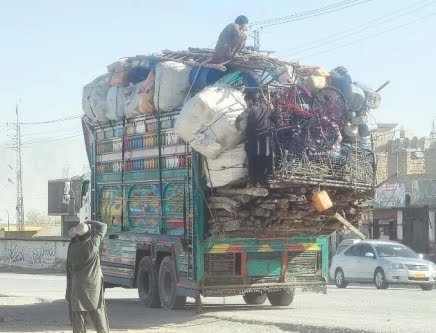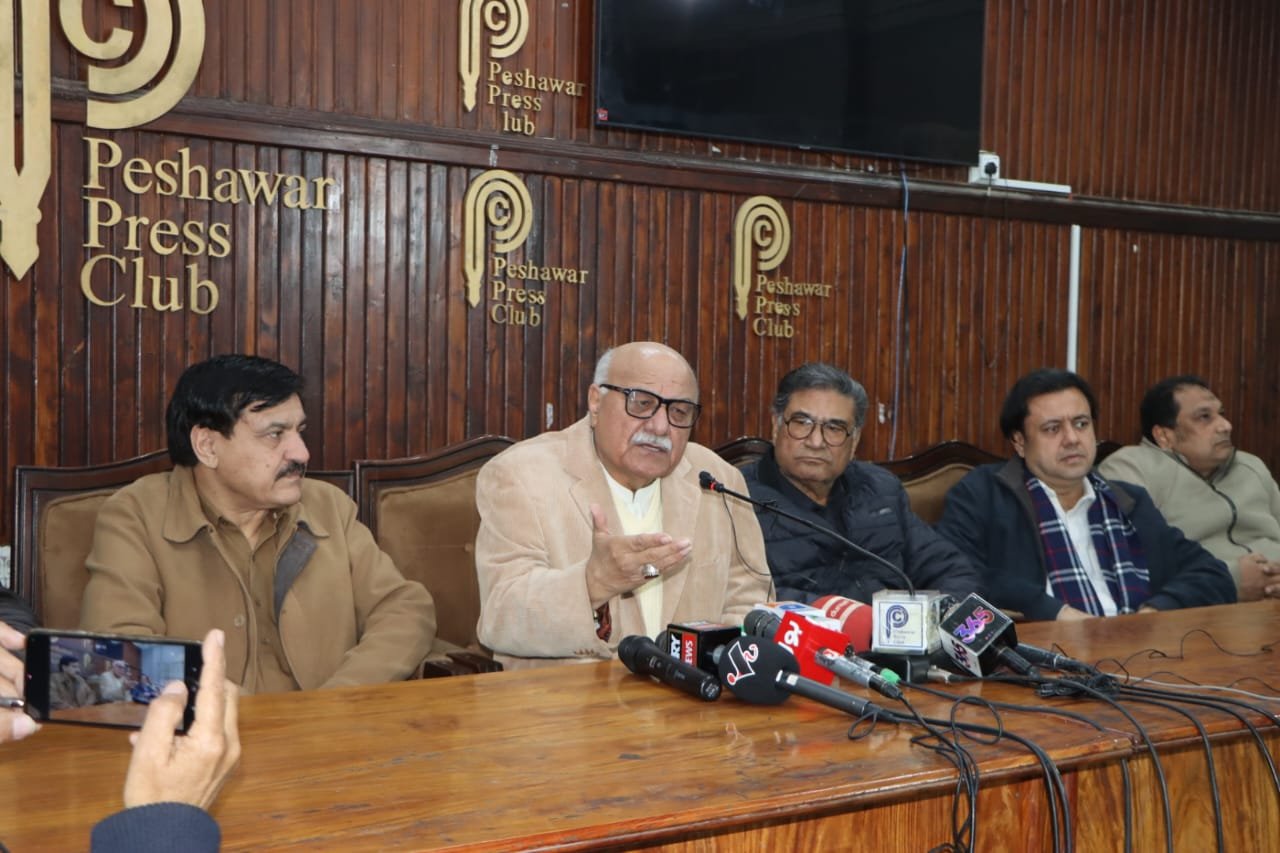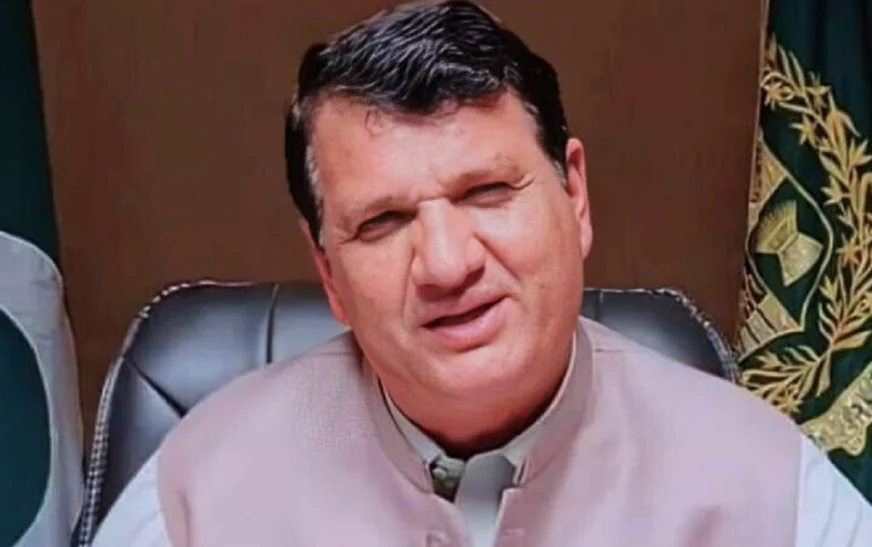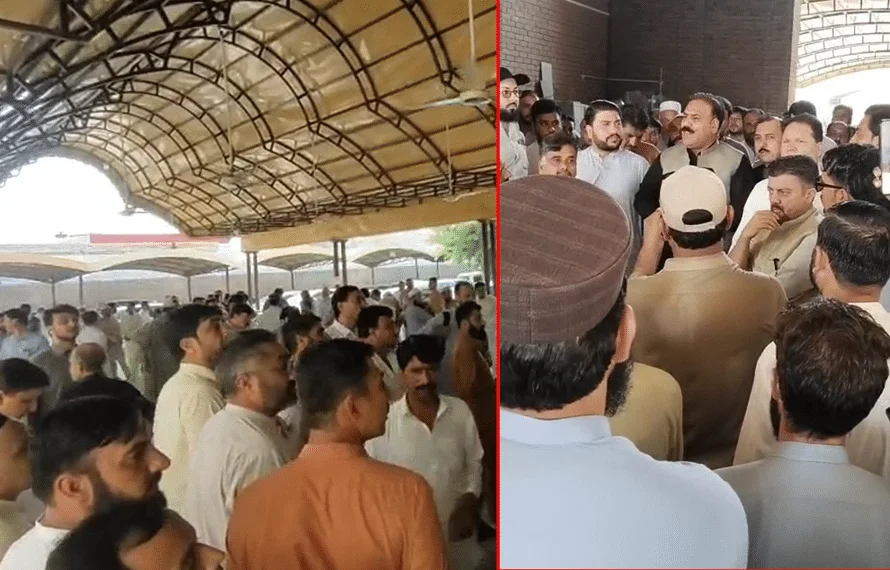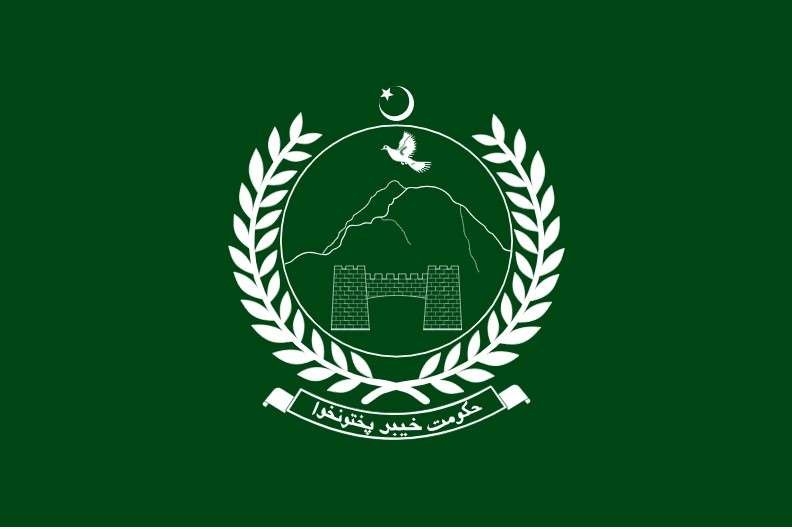HARIPUR: Pakistan has moved to shut down 16 Afghan refugee camps across Khyber Pakhtunkhwa, Balochistan, and Punjab, as the process of repatriation continues.
In Haripur, local authorities have instructed camp representatives to vacate sites in line with federal policy. Haji Abdul Samad, a representative at Haripur’s Panian camp — which hosts more than 90,000 refugees from about 13,000 families — said refugees were asked to leave but had not faced raids, arrests, or coercion.
The Haripur district administration is preparing to take over the land and assets of three camps — Panian, Padhana, and Baso Maira — next week. Additional Deputy Commissioner (General) Humaira Mehmood has called a stakeholders’ meeting on Sept 29 to finalise the takeover plan.
Deputy Commissioner Waseem Ahmed told Dawn the three camps cover 5,624 kanals of land, most of which belongs to Wapda and was acquired during the Tarbela Dam project in the late 1960s. Tarbela authorities have been asked to use Suparco satellite imagery to prevent encroachment once the camps are vacated.
According to the DC, the three camps include 26 power transformers, 20 schools, 13 tube wells, 35 pressure pumps, 550 solar panels, and six basic health units. Of 63,422 registered refugees at the sites, 2,861 have already returned home voluntarily, with more than 500 leaving in the past two days alone.
Notifications issued by the Ministry of States and Frontier Regions (Safron) confirm the de-notification of camps in Haripur, Chitral, and Upper Dir (KP); Chaghai, Loralai, Killa Saifullah, Pishin, and Quetta (Balochistan); and Mianwali (Punjab). These documents state that all land and non-movable assets will be transferred to the respective provincial governments and deputy commissioners.
Most of these refugee camps were established in the early 1980s following the Soviet invasion of Afghanistan. Pakistan formally began deporting over 1.3 million Afghan refugees holding Proof of Registration (PoR) cards on Sept 1, after their legal status expired on June 30.
The Afghan Chief Commission did not respond to requests for comment on the decision to de-notify camps where thousands of refugees still reside.

